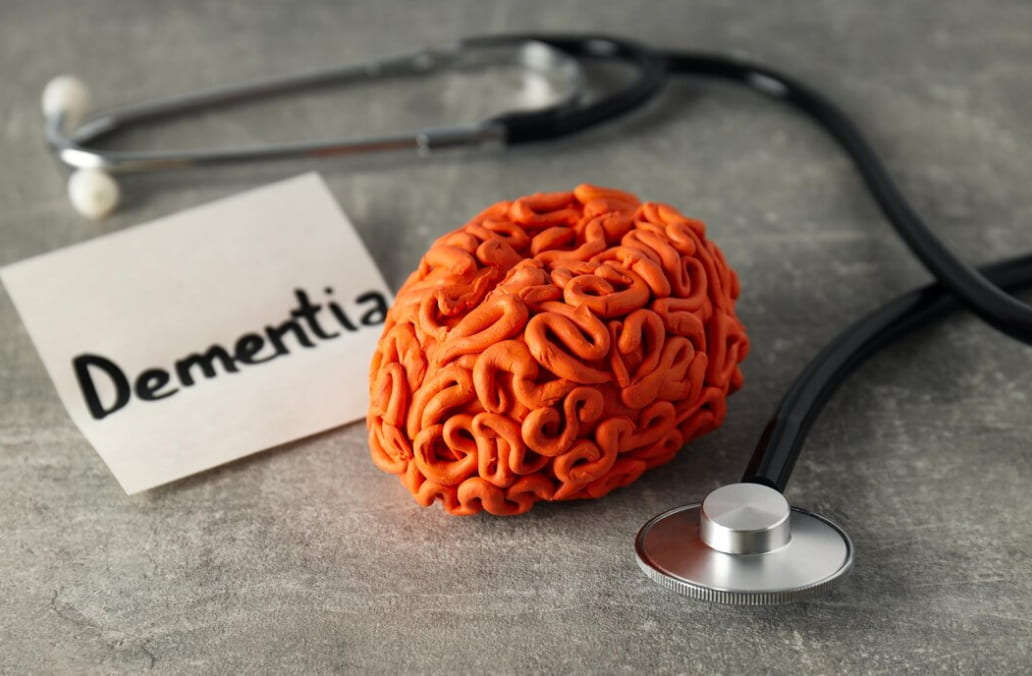Cognitive Stimulation Therapy (CST) stands as a well-founded treatment approach, meticulously crafted through an exhaustive examination of research findings and assessed on a global scale. This innovative therapy is specifically designed for individuals with mild to moderate dementia, aiming to enhance cognitive skills and overall well-being. The core philosophy of CST lies in engaging participants in stimulating and enjoyable activities that challenge their cognitive abilities, while fostering a social environment.
The CST program typically extends over several weeks, featuring a range of activities that promote various cognitive domains such as memory, attention, language abilities, and executive functions. These activities are not only intellectually stimulating but are also tailored to the interests and abilities of the participants, ensuring a person-centered approach. Group sessions, a fundamental component of CST, provide a supportive and interactive setting where participants can engage in meaningful conversations, share experiences, and develop social networks.
Research has consistently shown that CST can lead to significant improvements in cognitive function, quality of life, and self-esteem for individuals with dementia. Moreover, it can also have positive effects on mood and behavior, thereby reducing the need for more invasive therapies or medication. Caregivers and family members often report noticeable improvements in the engagement and mood of their loved ones undergoing CST.
Group CST: A Fusion of Effective Elements
Group CST, a cornerstone of the program, emerged from a comprehensive review of literature encompassing various non-pharmacological therapies for dementia. This synthesis skillfully combined the most potent components from different therapeutic approaches to give birth to the CST program.
This amalgamation of approaches has undergone extensive international evaluation, consistently revealing noteworthy enhancements in general cognitive functions, language comprehension, and production, along with an overall improvement in the quality of life for participants.
Beyond the quantitative metrics, qualitative research ventured into the experiences of individuals engaged in CST sessions, whether they be people with dementia, their caregivers, or staff. The prevailing themes unveiled the profoundly positive impact of these sessions, fostering a supportive and non-threatening environment. Participants reported augmented mood, increased confidence, and enhanced concentration. Their testimonials spoke volumes:
- “I observed a noticeable increase in fluency and a genuine effort to express oneself.”;
- “We simply enjoyed ourselves, with laughter abound.”;
- “It helped us all recognize we were sailing in the same boat.”
Likewise, family caregivers attested to the transformative effects of CST:
- “There’s no disputing that my spouse is more alert.”;
- “She’s begun remembering things since joining the group.”;
- “The group’s value lies in invigorating and motivating him.”.
Maintenance CST: A Six-Month Quest for Quality of Life
A rigorous examination of Maintenance CST, comprising 26 weekly sessions following the initial CST program, unveiled a continuous enhancement in participants’ quality of life over a half-year span. Cognitive benefits persisted, albeit with diminishing statistical significance, reflecting the inevitable progression of dementia.
An intriguing revelation emerged, indicating that the most significant improvements were observed in individuals who simultaneously received Maintenance CST and anti-dementia medication. This finding underscores the potential synergy between the two treatments and advocates for offering both whenever feasible.
Individual CST: Fostering Relationships and Well-Being
The effectiveness of Individual CST (iCST), conducted on a one-to-one basis by family caregivers, was assessed in a separate trial. While cognitive function and quality of life did not exhibit significant changes compared to the outcomes of group CST, a crucial shift was noted in the dynamics of relationships between individuals with dementia and their caregivers.
People with dementia reported a marked improvement in their bond with their caregivers following participation in iCST sessions. Moreover, an unexpected boon emerged as caregivers reported an enhancement in their own quality of life. Both parties found value in the mental stimulation offered by iCST, as well as in activities that imbued life with meaning and facilitated their connection to the world around them.



